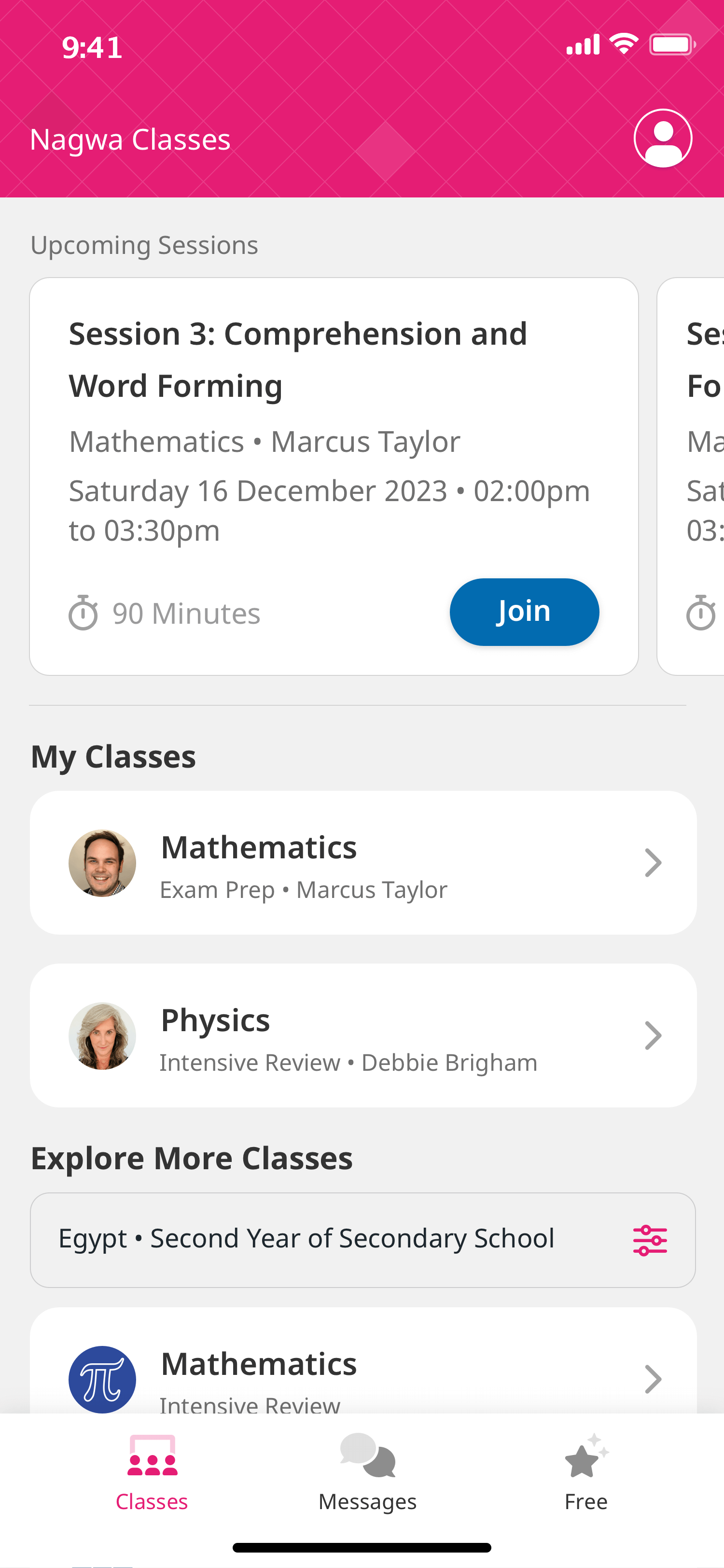Video Transcript
When blood glucose levels are too
high, glucose is converted into glycogen. Glycogen is a large storage
molecule made of many repeats of glucose. What type of metabolic reaction,
anabolism or catabolism, is this an example of?
Let’s start by reviewing some of
the key terms that have been used in the question. Metabolism describes all the
chemical reactions that take place in the body to support and maintain life. Metabolic reactions can either be
anabolic, in which large molecules are constructed from smaller molecules, or
catabolic reactions, in which large molecules are broken down into smaller
molecules.
This question talks about the large
storage molecule called glycogen that glucose, which is represented here as an
orange hexagon, can be converted into. This process is called
glycogenesis, and it occurs in many tissues in the human body, especially in the
liver cells. As you can see in the diagram,
glycogen is a highly branched molecule that’s made of lots of molecules of glucose
joined together. As the formation of glycogen from
individual glucose molecules involves a large molecule being constructed from
smaller units, this is an example of an anabolic reaction.
Now we know the correct answer to
our question. The conversion of glucose into
glycogen is an example of anabolism.








